Identity Politics on the Israeli Screen
Yosefa Loshitzky
UNIVERSITY OF TEXAS PRESS, AUSTIN
Copyright 2001 by the University of Texas Press
All rights reserved
Printed in the United States of America
First edition, 2001
Requests for permission to reproduce material from this work should be sent to Permissions, University of Texas Press, Box 7819, Austin, TX 78713-7819.
utpress.utexas.edu/index.php/rp-form
Library of Congress Cataloging-in-Publication Data
Library ebook ISBN: 978-0-292-79794-9
Individual ebook ISBN: 978-0-292-77820-7
DOI: 10.7560/747234
Loshitzky, Yosefa.
Identity politics on the Israeli screen / Yosefa Loshitzky.1st ed.
p. cm.
Includes bibliographical references and index.
ISBN 0-292-74723-3 (alk. paper)
ISBN 0-292-74724-1 (pbk. : alk. paper)
1. Motion picturesIsraelHistory. 2. Jews in motion pictures. 3. Holocaust, Jewish (19391945), in motion pictures. 4. Jewish-Arab relations in motion pictures. 5. Arabs in motion pictures. I. Title.
PN1993.5.186 L37 2002
791.43095694dc21 2001017137
To the memory of the thirteen Palestinians, citizens of the State of Israel, who were killed by the Israeli police in October 2000
Contents
I wish to thank the following institutions for their financial support: the Authority for Research and Development at the Hebrew University of Jerusalem and especially Shula Woltz and Ofer Kela, who were very helpful in obtaining and securing this support; The Levi Eshkol Institute for Economic, Social and Political Research, Faculty of Social Sciences at the Hebrew University, and its director Yoram Bilu; and the Shaine Center for Research in Social Sciences, Faculty of Social Sciences at the Hebrew University, and its director Michael Shalev. I also thank the following institutions and persons for lending me stills: Israel Film Archive/Jerusalem Cinematheque, its director Lia Van Leer, and head of research and library services Costel Safirman and his deputy Nirit Avni; Tsipi Reibenbach; Havakuk Levison, Amos Gitai, and Ilan Moscovitch; Yehuda (Judd) Neeman; Dani Setton and Set Productions; Nissim Dayan; Shmuel Hasfari, Hanna Azulay Hasfari, and Yoram Kislev, H.L.S. Ltd.; Dan Wolman; Nicole de Castro; Daniel Wachsmann and Amnon Rubinstein.
I am also deeply grateful to Haim Bresheeth for his support; to Levana Nir for allowing me to use her interesting work; to Jessica Bonn for her intelligent comments; to Amy Kronish for her helpful tips; and to Marilyn Kulik, director of the Spielberg Archive, Hebrew University, and Hillel Tryster, her deputy, for their help and generosity. Special thanks goes to John Downing for his invaluable insight and perceptive reading and to Jim Burr, the Humanities Editor of the University of Texas Press, whose faith in my project and persistent support brought this book into being.
Some of the material used in this book has already appeared in print in somewhat different form and appears here courtesy of the following publishers. The analysis of Dont Touch My Holocaust appeared in The Politics of War Memory and Commemoration: Contexts, Structures, and Dynamics, edited by T. G. Ashplant, Graham Dawson, and Michael Roper (Routledge, 2000), and in Visual Culture and the Holocaust, edited by Barbie Zelizer (Rutgers University Press, 2001). A slightly different version of appeared under the title From Orientalist Discourse to Family Melodrama: Oz and Volmans My Michael, in Edebiyat: A Journal of Middle Eastern Literatures 5, no. 1 (1994): 99123.

These I will remember.
Eileh ezkerah.
I asked to take leave of my father and he granted his
permission and left. An Arab sailor in Haifa lifted me
to the soil and it granted him leave.
The Holocaust of the Jews of Europe and the
Holocaust of the Arabs of the Land of Israel are but
one Holocaust of the Jewish people. The two
Holocausts stare one another straight in the face.
Of these I will speak.
Eileh adaber.
Avot Yeshurun, HaShever HaSuri Afrikani
(The Syrian-African Rift: Poems)
Sociologists, historians, political scientists, cultural critics, journalists, political commentators, and public intellectuals all offer different interpretations of this shift including reasons for its periodization. When exactly did this change occur? Was it the result of a single dramatic event or an inevitable by-product of the long and painful process of building a new society? Or perhaps it is just a normal manifestation of an identity crisis that Israel is undergoing fifty years after its establishment. In an immigrant society aspiring to be a Jewish state rather than a state of its citizens, the issue of collective identity becomes all the more important for its members, and questions of identity related to the dialectics democratic versus theocratic, Western versus Oriental, collectivist versus liberal capitalist, or Jewish versus civil are constantly raised in an atmosphere of heated public debate vergingsome would claimon a culture war.
Although Edward Said claims that the issue of identity, and especially what he sees as the obsessive academic preoccupation with it, is boring, are rendered problematic. The new kind of social space that has been created in our worldthrough the growth of crisscrossed economies and culturesproduces growing tension between local and global identities, and between heterogeneity and homogeneity.
This book is not a sociological work, nor does it pretend to provide an all-encompassing, comprehensive explanation for the social, political, and cultural processes that are currently making their mark on Israeli society. Rather, it deals with the reflection, projection, and construction of debates revolving around Israeli identity in one of the major forms of visual representation of Israeli society: cinema. In conceptualizing Israeli cinema as a representational form of identity construction I follow Halls argument that we should think of identity as a production which is never complete, always in process, and always constituted within, not outside representation. Sameness and difference, the main components of laying claim to identity, are marked symbolically through the representational system of cinema that both projects and reproduces the social, political, and cultural inclusion or exclusion of certain groups of people.
was a breakthrough in its treatment of Israeli cinema as a representational system through which Israeli-Zionist ideology has been reproduced and perpetuated, particularly around the question of the Orient (as related both to the Palestinians and to Mizrahi Israelis). Since the publication of Shohats pioneering work, Israel has undergone some dramatic changes, among them the Intifada (the Palestinian popular uprising), the beginning of the peace process, the Oslo Accords, the assassination of Prime Minister Yitzhak Rabin, the rise to power of Binyamin Netanyahus Likud-dominated government, and the growing power of the religious and religious-ethnic parties. In addition, due to a lack of relevant films on the topic at the time of the books writing, Shohat did not devote substantial space to the representation of the Holocaust, which I, like many other Israeli scholars, see as the main formative force in the shaping and construction of Israeli identity. The present book, obviously influenced by my own identity politics as a child of Holocaust survivors who lives in Israel, aspires to fill those gaps left by Shohats otherwise very comprehensive book. Unlike Shohats book, however, this book is not a historical and ideological in-depth study of the overall corpus of Israeli cinema from its inception. Rather, it is an attempt both to discuss the projection and negotiation of Israeli identity through an analysis of major Israeli films, particularly from the 1980s and 1990s, that constitute unique sites of struggle over identity formation and meaning and to open and broaden further the public space for debating this issue. The chapters in this book all deal, in different ways, with the question of identity, including notions of fluidity and contingencythat is, identity as formed in particular historical circumstances.

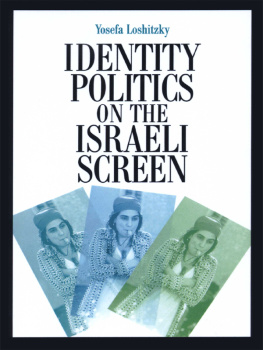
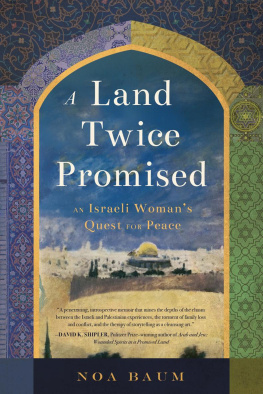
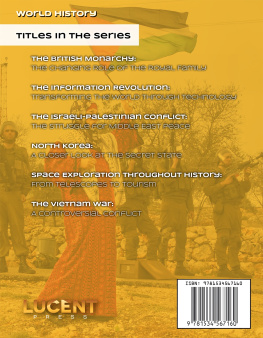

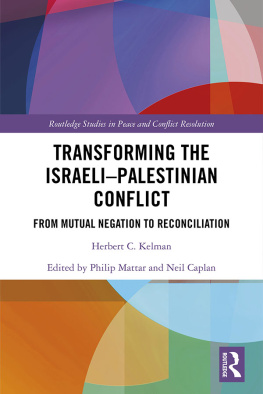
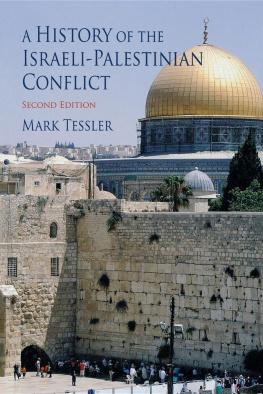
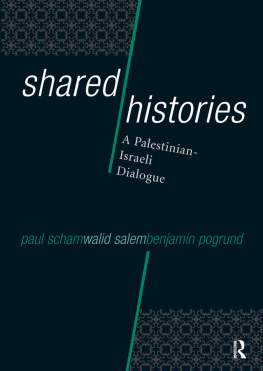
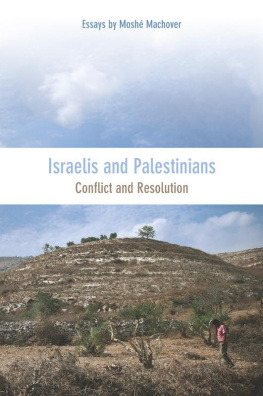

 These I will remember.
These I will remember.